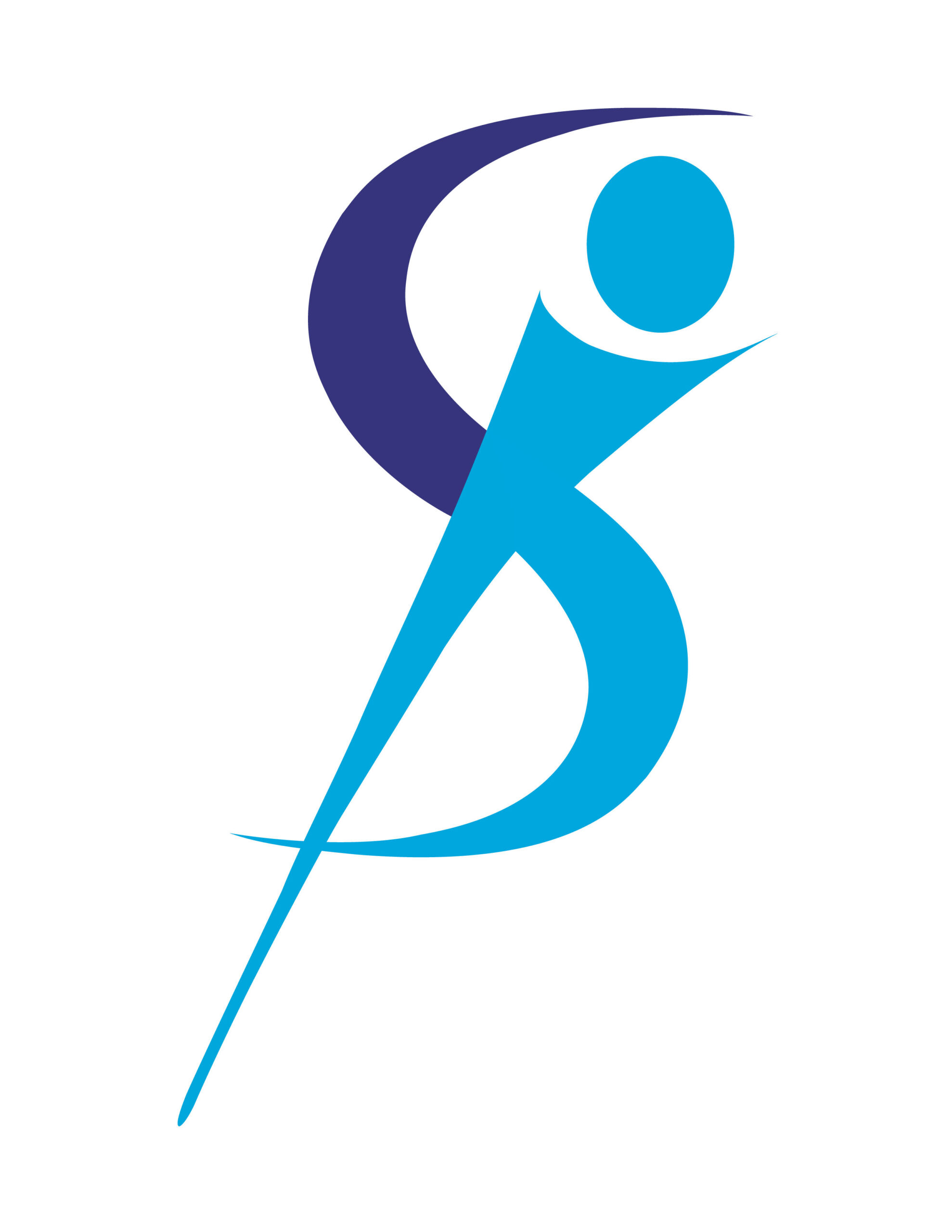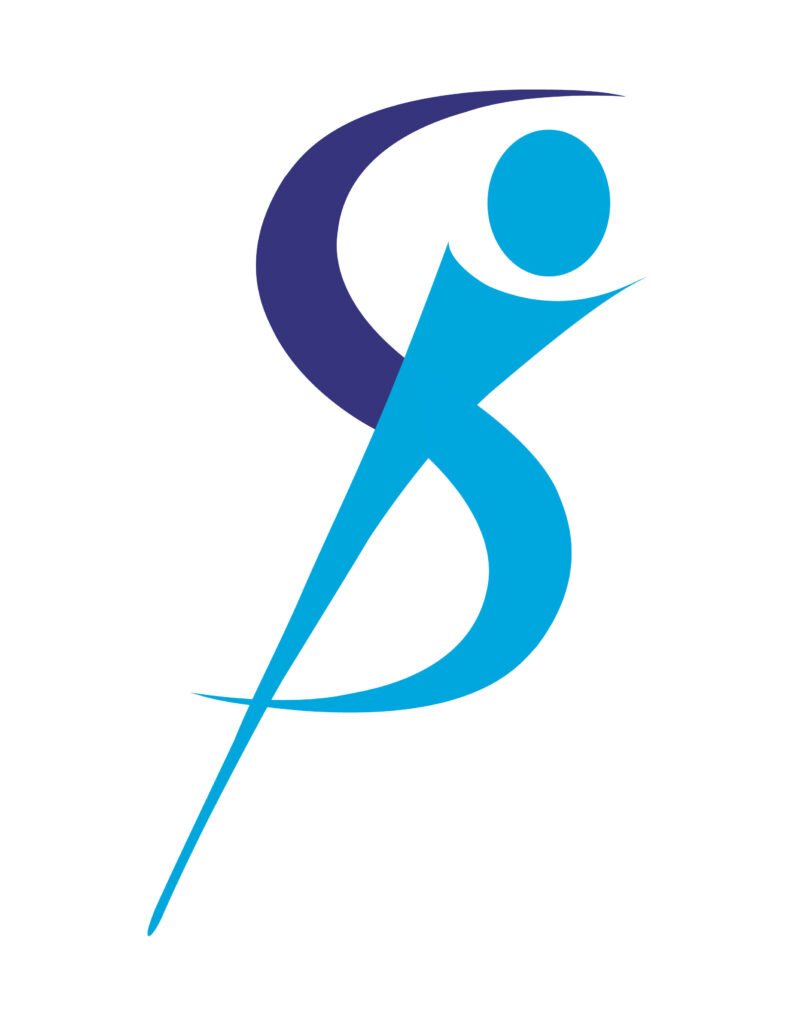Frozen shoulder, also known as adhesive capsulitis, is a condition that causes significant pain and stiffness in the shoulder joint, severely restricting the range of motion. This condition can disrupt daily activities, from simple movements like reaching for objects to more complex tasks like lifting or carrying. At SK PhysioBD, we offer expert frozen shoulder treatment to relieve pain, improve mobility, and restore the shoulder’s function.
This article will explore the causes and symptoms of frozen shoulder, the treatment options available, and how our expert team at SK PhysioBD can provide effective, personalized care for those suffering from this debilitating condition.
What is a Frozen Shoulder?
Frozen shoulder is a condition that causes the connective tissue surrounding the shoulder joint to become thickened and stiff, limiting movement. The shoulder joint is a ball-and-socket joint, and its smooth movement relies on a lubricated capsule. In frozen shoulders, the capsule becomes inflamed, thickened, and tight, leading to restricted mobility and intense pain.
Typically, a frozen shoulder develops in three stages:
- Freezing Stage: The shoulder becomes progressively more painful and stiff. This phase can last anywhere from 6 weeks to 9 months.
- Frozen Stage: Pain might decrease during this phase, but the stiffness remains, limiting movement. This stage typically lasts 4 to 6 months.
- Thawing Stage: Gradual improvement in the range of motion occurs, and pain decreases. This stage may last anywhere from 6 months to 2 years.
Frozen shoulder most commonly affects individuals aged 40 to 60 patient forms and is more prevalent in women. It is also associated with various conditions, including diabetes, thyroid disorders, and heart disease.
Causes and Risk Factors of Frozen Shoulder
The exact cause of a frozen shoulder is not always clear, but certain factors can increase the likelihood of developing this condition:
- Injury or Surgery: After a shoulder injury or surgery, such as rotator cuff shoulder surgery , shoulder arthroscopy , shoulder dislocation, or a fracture, the shoulder conditions may become immobilized for an extended period, leading to a frozen shoulder.
- Health Conditions: People with diabetes, thyroid problems, cardiovascular diseases, or Parkinson’s disease are more likely to develop frozen shoulders.
- Age and Gender: Frozen shoulder most often affects individuals between 40 and 60. Women are more likely to experience it than men.
- Immobility: Lack of shoulder movement after surgery or an injury can trigger the development of a frozen shoulder.
Symptoms of Frozen Shoulder
The most common symptoms of a frozen shoulder include the following:
- Pain: The pain is typically constant and may worsen at night. It’s most severe in the early stages of the condition.
- Stiffness: The restricted range of motion makes it difficult to perform everyday activities, such as reaching overhead or behind the back.
- Difficulty with Movement: Limited shoulder mobility affects both active and passive movements. Simple tasks, such as combing hair or dressing, can become difficult.
Frozen shoulders can develop gradually, and the severity of symptoms may vary from person to person. While some may experience significant pain and immobility, others may only have mild discomfort.
How Physiotherapy Helps in Frozen Shoulder Treatment
Frozen shoulders can significantly impact one’s ability to function, but the good news is that physiotherapy can provide relief and restore movement. SK PhysioBD offers comprehensive, expert treatment for frozen shoulders, focusing on pain reduction, mobility improvement, and functional recovery.
- Pain Management:
- The first step in treatment is addressing pain and inflammation. Physiotherapists at SK PhysioBD use various techniques, including:
- Cold and Heat Therapy: Applying cold packs reduces swelling, while heat therapy relaxes the muscles and improves blood circulation.
- Manual Therapy: Techniques such as joint mobilizations and soft tissue massage help relieve stiffness and improve shoulder joint movement.
- Ultrasound Therapy: Ultrasound waves can help reduce inflammation and promote healing in the affected tissues.
- Restoring Range of Motion:
- A key component of frozen shoulder treatment is restoring the shoulder’s range of motion. Our physiotherapists use gentle stretching exercises to gradually increase shoulder mobility without causing further irritation to the joint. These exercises are tailored to each stage of the condition to avoid overstraining the shoulder.
- Strengthening Exercises:
- Once the pain is under control, strengthening exercises are introduced to improve muscle strength around the shoulder joint. Strengthening the muscles of the shoulder, back, and chest muscles improves the shoulder’s stability and prevents further injury.
- Functional Training:
- As part of a comprehensive treatment plan, our physiotherapists focus on functional training to help patients regain their ability to perform everyday activities. This might include exercises that simulate common motions, such as reaching overhead or lifting, to improve the practical use of the shoulder in daily life.
Advanced Treatment Options at SK PhysioBD
At SK PhysioBD, we combine physiotherapy with advanced treatment option to maximize recovery:
- Electrotherapy:
- We use Transcutaneous Electrical Nerve Stimulation (TENS) and other electrotherapy modalities to reduce pain and improve muscle activation by physical therapist .
- Hydrotherapy:
- Hydrotherapy is an effective treatment for frozen shoulders, as the buoyancy of water reduces the stress on the shoulder joint while allowing for greater movement. It is particularly useful in the early stages of treatment.
- Corticosteroid Injections (when necessary):
- For some patients with persistent pain that doesn’t improve with physiotherapy, corticosteroid injections may be considered to reduce inflammation. These injections can provide temporary relief and are often used with physiotherapy for optimal results.
Why Choose SK PhysioBD for Frozen Shoulder Treatment?
- Expert Physiotherapists:
- Our team comprises highly skilled physiotherapists specializing in musculoskeletal conditions like frozen shoulders. We have the knowledge and experience to provide effective treatment that reduces pain and restores mobility.
- Personalized Treatment Plans:
- At SK PhysioBD, we understand that every patient is different. We create individualized treatment plans based on your specific needs, considering your medical history, level of pain, and functional goals.
- State-of-the-Art Facilities:
- We use the latest technology and advanced treatment modalities to ensure the most effective results. Our clinic has the tools to support your recovery from electrotherapy to hydrotherapy.
- Comprehensive Care:
- Our approach goes beyond just physical therapy. We offer education and lifestyle guidance to help you prevent re-injury and maintain long-term shoulder health.
Conclusion
Frozen shoulders can be a frustrating and painful condition, but with the right treatment, recovery is possible. At SK PhysioBD, we provide expert frozen shoulder treatment services to help reduce pain, restore mobility, and improve your quality of life. If you’re struggling with a frozen shoulder, don’t wait—contact us today to schedule a consultation and start your journey toward recovery.





